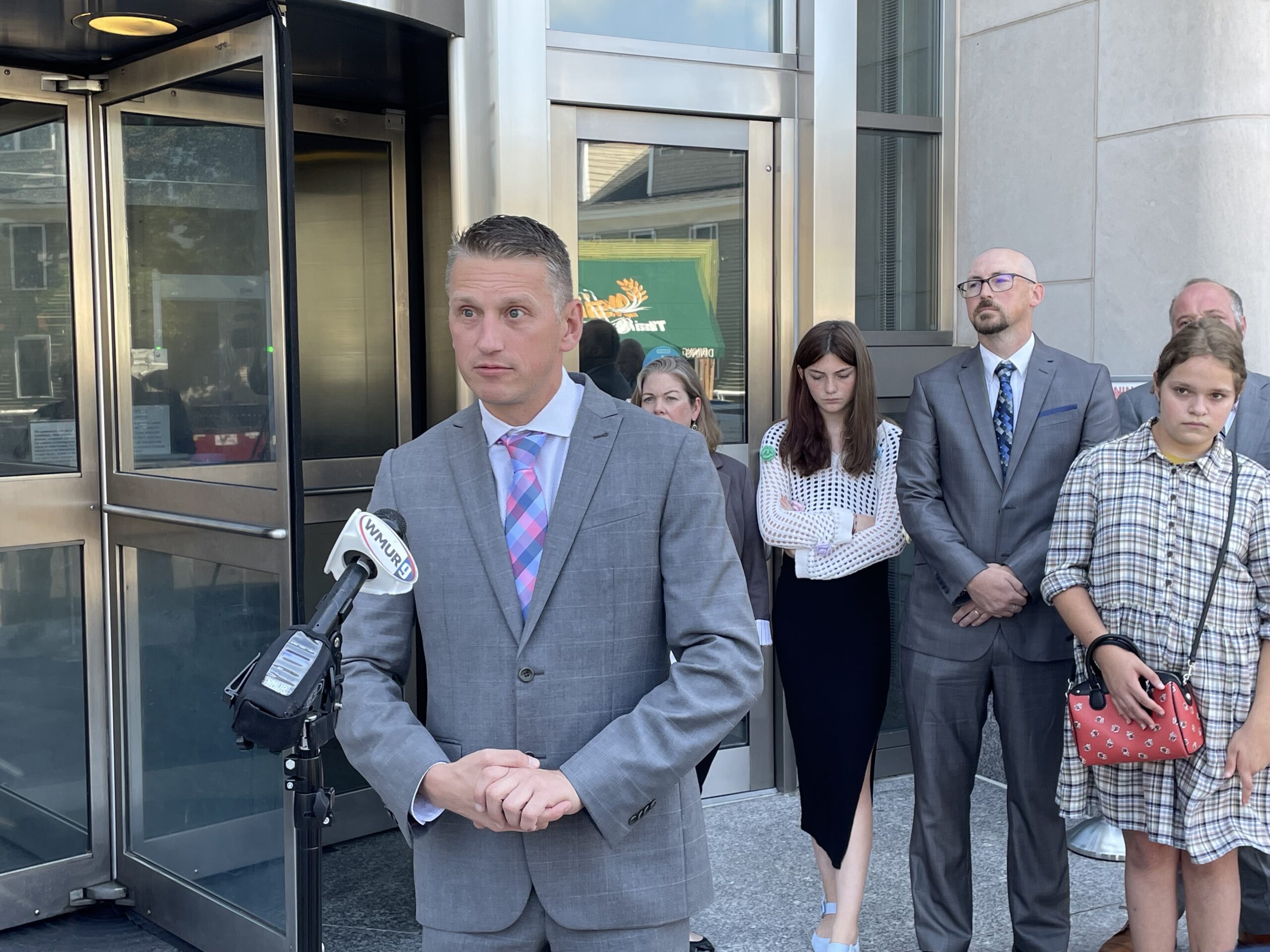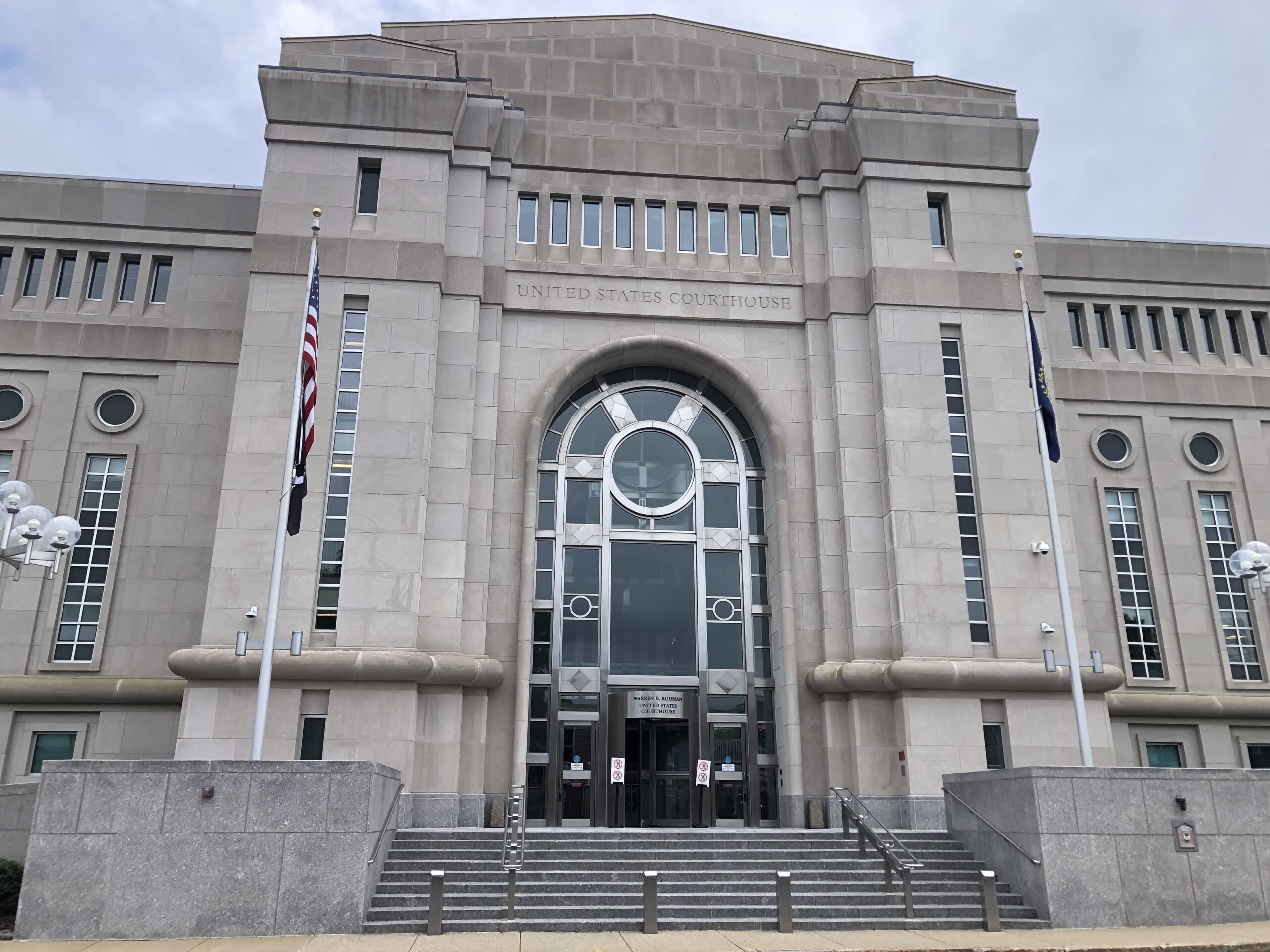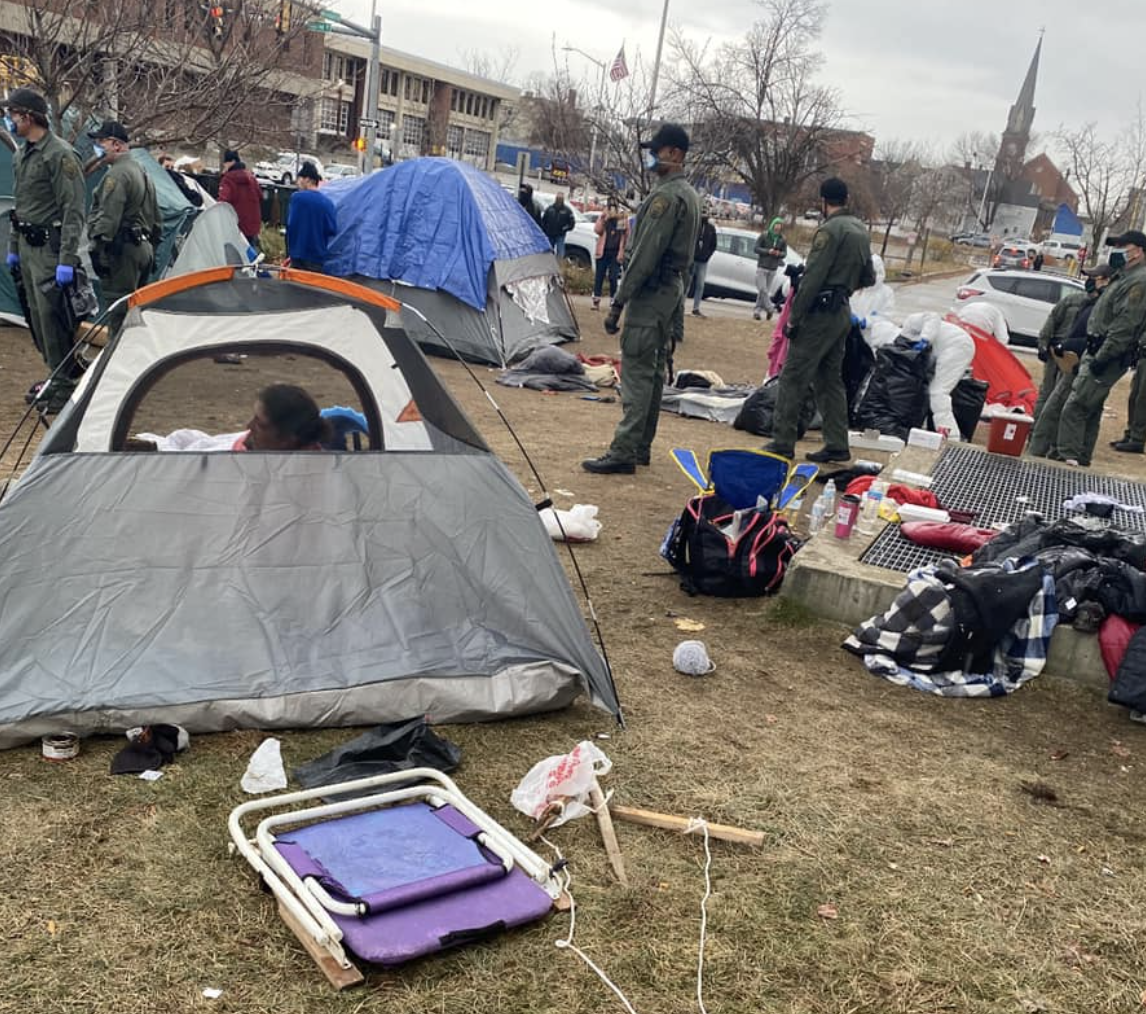NH Teachers Sue Trump, Defend DEI in Classrooms

New Hampshire’s largest teacher’s union supports so-called “diversity, equity, and inclusion” (DEI) policies so much that it’s going to court to defend them.
The New Hampshire chapters of the National Educators Association and the American Civil Liberties Union filed a lawsuit in the United States District Court in Concord on Wednesday in response to the Trump administration’s DEI order.
The lawsuit claims the Trump administration is violating the Constitution by seeking to ban DEI practices and instruction. The complaint pinpoints the Feb. 14 letter that then-nominee for Education Secretary Linda McMahon sent to schools across the nation threatening a loss of funding if those institutions continue DEI programs as part of their educational offerings.
The letter defines DEI as programs that “teach students that certain racial groups bear unique moral burdens that others do not” and/or “stigmatize students who belong to racial groups.”
It’s part of the Trump administration’s attempt to end the practices promoted by President Joe Biden and his administration. Trump’s order instructs agencies to “terminate all discriminatory and illegal preferences, mandates, policies, programs, activities, guidance, regulations, enforcement actions, consent orders, and requirements.”
The national NEA and ACLU are backing the New Hampshire lawsuit to block the Trump policy.
“Across the country, educators do everything in their power to support every student — no matter where they live, how much their family earns, or the color of their skin — ensuring each feels safe, seen, and prepared for the future. Now, the Trump administration is threatening to punish students, parents and educators in public schools for doing just that: fostering inclusive classrooms where diversity is valued, history is taught honestly, and every child can grow into their full brilliance,” said Becky Pringle, president of the National Education Association.
Gilles Bissonnette, legal director of the ACLU of New Hampshire, said in a statement Wednesday’s lawsuit is similar to one he successfully brought against New Hampshire’s Department of Education in the wake of the state passing its education anti-discrimination law. That law banned teaching that one group of people is inherently superior or inferior to another and that people are inherently racist, sexist, etc., based on the group they are in, among other concepts.
“Like New Hampshire’s classroom censorship law that we successfully challenged in court, this unconstitutionally vague letter is an attack on educators who are simply doing their job,” Bissonnette said. “Teachers are already reporting being afraid to teach for fear of having their teaching deemed unlawful, and that deprives Granite State students of the complete education that they deserve.”
The lawsuit claims McMahon and Trump have no legal authority to dictate what gets taught in New Hampshire classrooms. New Hampshire teachers frequently use DEI programming as they see fit, the lawsuit states.
“They have incorporated issues of race, diversity, equity, and inclusion in the content and approach to their teaching, in their broader educational practices, and in training and support for educators, all in accordance with sound pedagogical practice,” according to the lawsuit.
“We’re urging the court to block the Department of Education from enforcing this harmful and vague directive and protect students from politically motivated attacks that stifle speech and erase critical lessons. Teaching should be guided by what’s best for students, not by threat of illegal restrictions and punishment.”












